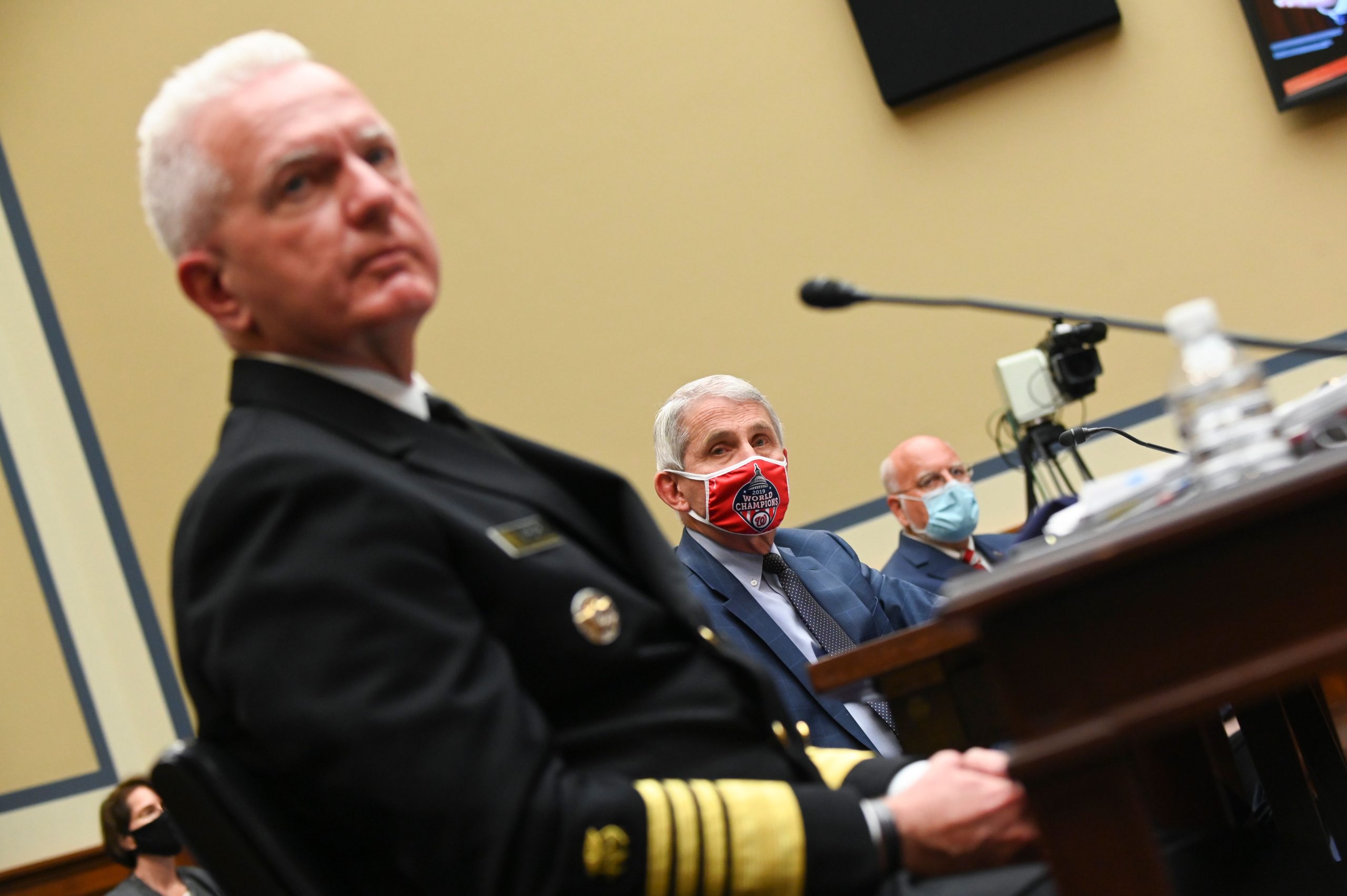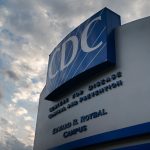Intense backlash from medical and infectious disease experts continues over revisions to the US Centers for Disease Control and Prevention’s COVID-19 testing recommendations, which as of this week discourage testing for people who have been exposed to the virus but are not showing symptoms.
In a joint statement late Wednesday, the Infectious Diseases Society of American (IDSA) and the HIV Medicine Association (HIVMA) called for “the immediate reversal of the abrupt revision” by the CDC.
In a separate statement, Susan Bailey, president of the American Medical Association—the nation’s largest organization of doctors—called the revision to the testing guidance “a recipe for community spread and more spikes in coronavirus.”
Bailey went on to note that the CDC should provide an evidence-based rationale when it changes its guidances—which it typically does. “We urge CDC and the Department of Health and Human Services to release the scientific justification for this change in testing guidelines.”
The IDSA and HIVMA echoed the need for evidence-based guidance from the CDC but went a step further to say that the evidence does not support the CDC’s new guidance.
“Evidence has clearly indicated that asymptomatic persons play a significant role in transmissions,” the two organizations wrote. “Identifying individuals infected with COVID-19—even if they are asymptomatic—is critical to support appropriate isolation and identification of contacts, to limit spread, and to provide the data-driven, comprehensive view of community spread needed to inform effective public health responses.”
Testing tussle
The statement went on to acknowledge the testing problems that have plagued the country’s response to the pandemic—shortages of supplies and limited testing capacity. But the two groups say such limitations are no excuse to change guidance. “[A]s a nation our goal should be to expand testing capacity to allow for testing of all recommended individuals, including asymptomatic people who have been exposed,” they wrote.



 Loading comments...
Loading comments...
